
by Editor | Apr 5, 2020 | News
Questionable decisions made by governments, courts, or organizations can be reviewed and judged by AI, through a system with transparent methodology and algorithm and trusted and unbiased data. AIWS.net is developing a Judging System to meet this demand.
There are a few arguable decisions recently, one of them happened on April 2, 2020, Pakistani court overturns murder conviction in killing of Wall Street Journal reporter Daniel Pearl. Professor Judea Pearl, 2020 World Leader in AI World Society (AIWS), a mentor of AIWS.net, father of journalist Daniel Pearl, tweeted:
“It is a mockery of justice. Anyone with a minimal sense of right and wrong now expects Faiz Shah, prosecutor general of Sindh to do his duty and appeal this reprehensible decision to the Supreme Court of Pakistan.”
And: “To all readers who shared hopeful thoughts with us, we are grateful and happy to inform you that the government of Sindh has ordered that Daniel’s murder suspects will be kept in detention for another 90 days, pending an appeal. Thanks for being with us.”
Ahmed Omar Saeed Sheikh had been facing a death sentence. The Karachi court instead reduced his sentence to seven years, after hearing an appeal last month.
Saeed was found guilty in 2002 of orchestrating the kidnapping, terrorism and murder, according to The Wall Street Journal. The newspaper reported that the court overturned the terrorism and murder convictions and downgraded the kidnapping conviction.
Many members of AIWS.net criticize this decision by the Pakistani court and offer that AIWS.net can apply the Judging System to review this decision, then send an appeal statement to Pakistani Prime Minister Imran Khan.
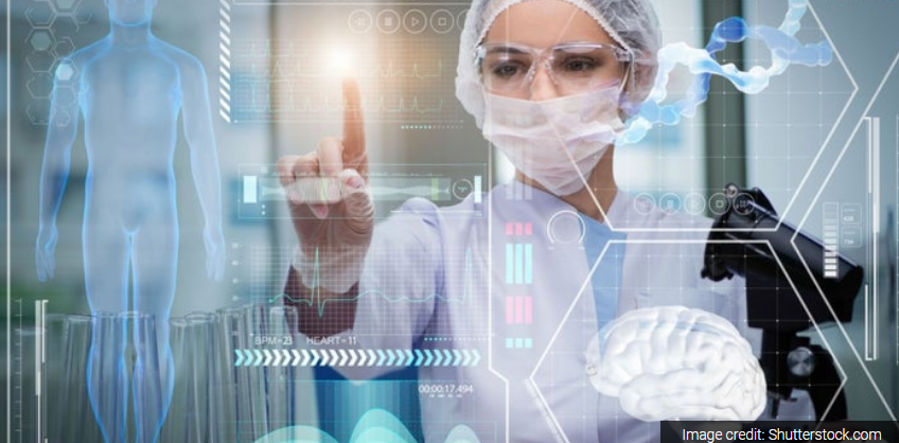
by Editor | Apr 5, 2020 | News
From its epicenter in China, the novel coronavirus has spread to infect 414,179 people and cause no less than 18,440 deaths in at least 160 countries across a three-month span from January 2020 till date. These figures are according to the World Health Organization (WHO) Situation report as of March 25th. Accompanying the tragic loss of life that the virus has caused is the impact to the global economy, which has reeled from the effects of the pandemic.
Due to the lockdown measures imposed by several governments, economic activity has slowed around the world, and the Organization for Economic Cooperation and Development (OECD) has stated that the global economy could be hit by its worst growth rate since 2009. The OECD have alerted that the growth rate could be as slow as 2.4%, potentially dragging many countries into recession. COVID-19 has, in a short period of time, emerged as one of the biggest challenges to face the 21st century world. Further complicating the response to this challenge are the grey areas surrounding the virus itself, in terms of its spread and how to treat it.
As research details emerge, the data pool grows exponentially, beyond the capacity of human intelligence alone to handle. Artificial intelligence (AI) is adept at identifying patterns from big data, and this piece will elucidate how it has become one of humanity’s ace cards in handling this crisis. Using China as a case-study, China’s success with AI as a crisis management tool demonstrates its utility, and justifies the financial investment the technology has required to evolve over the last few years.
Advancements in AI application such as natural language processing, speech recognition, data analytics, machine learning, deep learning, and others such as chatbots and facial recognition have not only been utilized for diagnosis but also for contact tracing and vaccine development. AI has no doubt aided the control of the COVID-19 pandemic and helped to curb its worst effects.
According to AI development and essential application to society, Michael Dukakis Institute for Leadership and Innovation (MDI) established the Artificial Intelligence World Society Innovation Network (AIWS.net) for the purpose of promoting ethical norms and practices in the development and use of AI in different areas, especially health care and medical support.
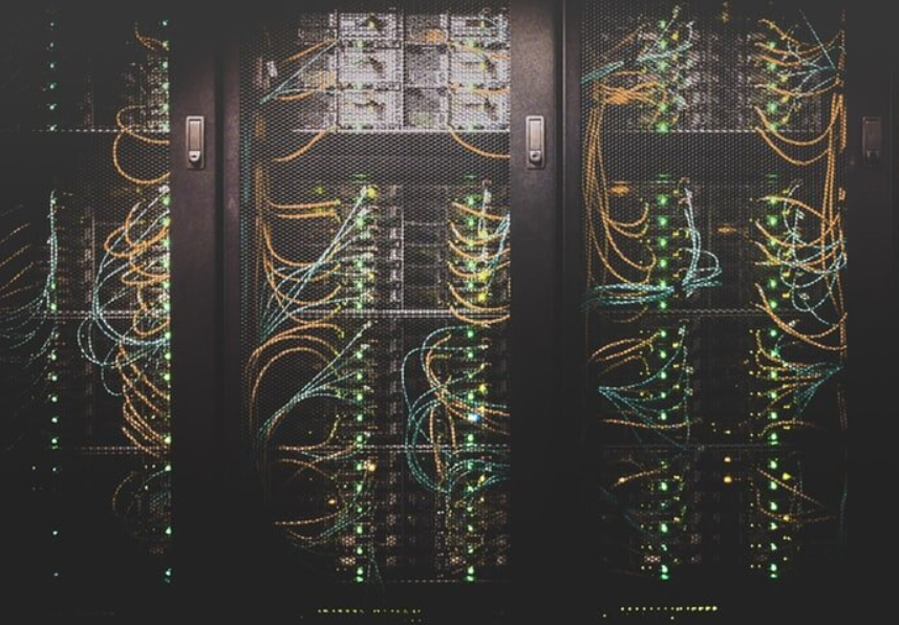
by Editor | Apr 5, 2020 | News
Learning algorithms, which are becoming an increasingly ubiquitous part of our lives, do precisely what they are designed to do: find patterns in the data they are given. The problem, however, is that even if patterns in the data were to lead to very accurate predictions, the processes by which the data is collected, relevant variables are defined, and hypotheses are formulated may depend on structural unfairness found in our society. Algorithms based on such data may well serve to introduce or perpetuate a variety of discriminatory biases, and thereby maintain the cycle of injustice.
For instance, it is well known that statistical models predict recidivism at higher rates among certain minorities in the United States [1]. To what extent are these predictions discriminatory? What is a sensible framework for thinking about these issues? A growing community of experts with a variety of perspectives is now addressing issues like this, in part by defining and analyzing data science problems through the lens of fairness and transparency, and proposing ways to mitigate harmful effects of algorithmic bias [2-7].
Adjusting for biases in data for the purposes of learning and inference is a well-studied issue in statistics. Take, for example, the perennial problem of missing data when trying to analyze polls. If we wish to determine who will win in a presidential election, we could ask a subset of people for whom they will vote, and try to extrapolate these findings to the general population. The difficulty arises, however, when one group of a candidate’s supporters are systematically underrepresented in polls (perhaps because those supporters are less likely to trust mainstream polling). This creates what is known as selection bias in the data available from the poll. If not carefully addressed in statistical analysis, selection bias may easily yield misleading inferences about the voting patterns of the general population. Common methods for adjustment for systematically missing data include imputation methods and weighting methods. Imputation aims to learn a model that can correctly predict missing entries, even if missing due to complex patterns, and then “fill in” those entries using the model. Weighting aims to find a weight that quantifies how “typical’’ a fully observed element in the data is, and then use these weights to adjust parts of the data that are fully observed to more closely approximate the true underlying population.
Alternatively, causal inference problems occur when we want to use data to guide decision-making. For example, should we eat less fat or fewer carbohydrates? Should we cut or raise taxes? Should we give a particular type of medication to a particular type of patient? Answering questions of this type introduces analytic challenges not present in outcome prediction tasks. Consider the problem of using data collected using electronic health records to determine which medications to assign to which patients. The difficulty is that medications within the hospital are assigned with the aim of maximizing patient welfare. In particular, patients who are sicker are more likely to get certain types of medication, and sicker patients are also more likely to develop adverse health outcomes or even die. In other words, an observed correlation between receiving a particular type of medication and an adverse health event may be due to the poor choice of medication, or it may be due to a spurious correlation due to underlying health status. These sorts of correlations are so common in data, that they led to a common refrain in statistics: correlation does not imply causation.
The original article can be found here.
Regarding to AI and Causality, AI World Society (AIWS.net) has created a new section on Modern Causal Inference in 2020. This section will be led by Professor Judea Pearl who is one of the pioneers to mathematize causal modeling in the empirical sciences. Professor Judea’s work will contribute to Causal Inference for AI transparency, which is one of important AIWS topics to identify, publish and promote principles for the virtuous application of AI in different domains including healthcare, education, transportation, national security, and other areas.
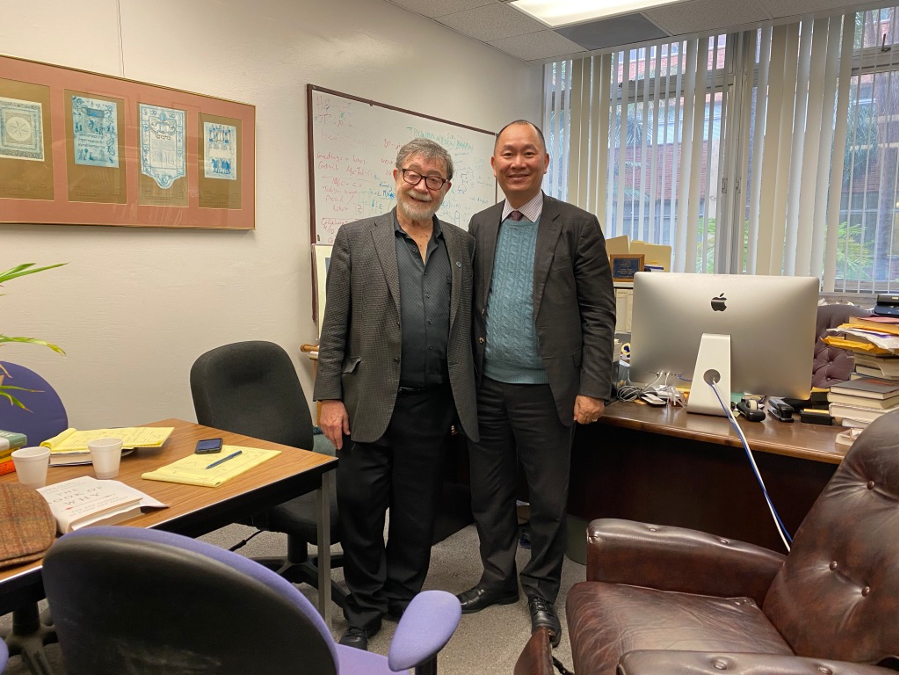
by Editor | Mar 29, 2020 | News
Professor Judea Pearl is the father of “Causal Revolution”, a breakthrough in AI to help machine learning can answer question “Why?” and solve problem automating human-level intelligence (sometimes called “strong AI”).

The Boston Global Forum and Michael Dukakis Institute honored him as 2020 World Leader in AIWS.
We introduce sophisticated ideas of Professor Judea Pearl:
“Current machine learning systems operate, almost exclusively, in a statistical, or model-free mode, which entails severe theoretical limits on their power and performance. Such systems cannot reason about interventions and retrospection and, therefore, cannot serve as the basis for strong AI. To achieve human level intelligence, learning machines need the guidance of a model of reality, similar to the ones used in causal inference tasks. To demonstrate the essential role of such models, I will present a summary of seven tasks which are beyond reach of current machine learning systems and which have been accomplished.
I believe that causal reasoning is essential for machines to communicate with us in our own language about policies, experiments, explanations, theories, regret, responsibility, free will, and obligations—and, eventually, to make their own moral decisions.”
Professor Judea Pearl received the Turing Award in 2012 with Causal Inference Model, to support and help machine learning can answer question “Why”.
Yoshua Bengio received the Turing Award in March 2019, and wrote an article on Wired August 2019, to show his interest to build Algorithms to Understand the “Why”.

by Editor | Mar 29, 2020 | News
When Michael Dukakis Institute set up AI World Society Innovation Network in December 2019 at Loeb House, Harvard University, we would like to use domain name AIWS.net, but at that time, this domain name was already bought and owned by one party, but they do not use it. So, we had to use domain name AIWS.world. After launching on December 12, 2019, AIWS attracted many distinguished thinkers, and world leaders. In February, 2020, AIWS Innovation Network become platform for United Nations Centennial 2045 project. With its position, domain name AIWS.net became a very good domain, and very meaningful with name of the Network, so we negotiated to buy the domain name, and successfully on March 16. From March 17, 2020, people can access AIWS Innovation Network at the domain name AIWS.net. AIWS.net is also the short name of AIWS Innovation Network.

On March 10, 2020, Mr. Nguyen Anh Tuan and professor Judea Pearl, Mentor of AIWS.net, met and discussed at office of Professor Pearl at UCLA, Mr. Tuan and professor Pearl liked idea “For a better world with AI”, and use it as slogan of AIWS.net.
With the new domain name, leaders of AIWS.net like to design a new logo for AIWS.net. From March 26, 2020, AIWS.net appeared with its new logo.
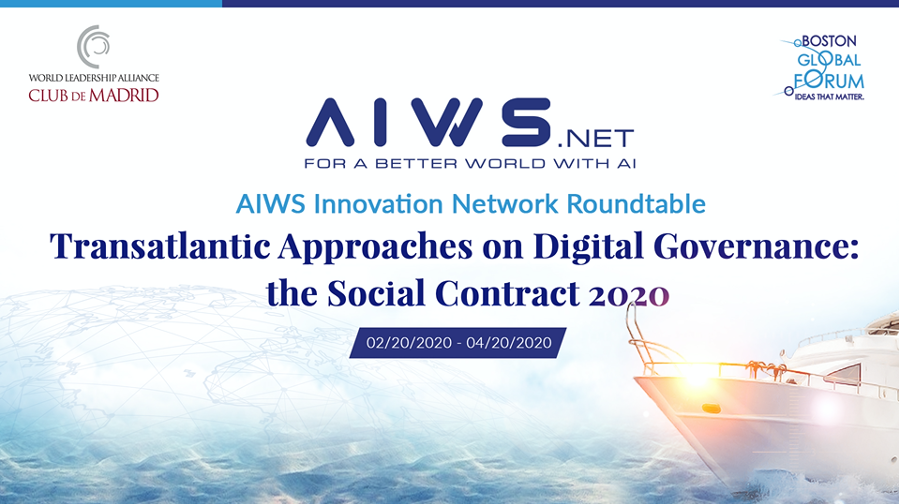
by Editor | Mar 29, 2020 | Event Updates
Standards which are introduced in the Social Contract 2020 received support from Japanese politicians on AIWS.net Roundtable. Japanese leaders enthusiastically joined the events of the Boston Global Forum from 2015. In an exciting discussion of Japanese politicians, Ambassador Ichiro Fujisaki, former Japanese Ambassador to the United States, current distinguished professor and Chairman for International Strategies of Sophia University, President of Nakasone Peace Institute, and President of the America-Japan Society, sees this is an important endeavor. He links to Covid-19 pandemic, and raised two points that need to solve:
- If the country in question, in this case China, is not admitting its responsibility, who can identify which country should be responsible?
- Also, if an international organization, in this case WHO, is not reliable and seemingly pressurized by a power, in this case China, how shall we feel with such a situation?
AIWS.net Roundtable will invite distinguished thinkers and world leaders to dialogue with Ambassador Ichiro Fujisaki on these two questions.
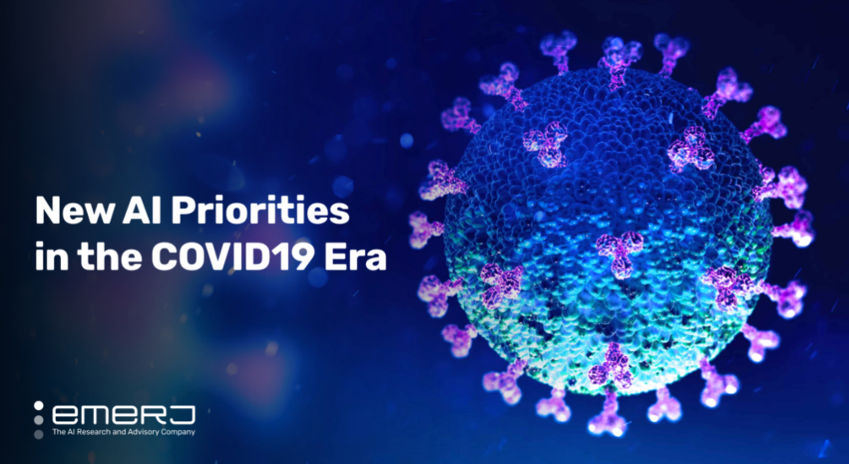
by Editor | Mar 29, 2020 | News
The COVID19 outbreak has changed the world faster than anyone could have imagined.
Forced isolation has shifted meetings and activities to go on through web collaboration tools.
Arguably most importantly, the virus has ground the entire economy to a halt. For some industries (travel, retail, food services, fitness), unemployment is already rampant, and for more remote-friendly industries (tech, media), work may go on, but sales are slowed or frozen, and receivables less likely to convert to revenue than ever.
The downsides of the virus are easy to see – but business and public sector leaders are forced to think about the silver lining. Not just how they can survive this downturn, but how they can emerge stronger and more resilient from the rubble.
Some firms will say that they just don’t have any time to think about technology strategy.
In the next two weeks, that may be true. But over the coming month, differences in technology focus will come to define the future of entire industries, and will separate the relevant from the irrelevant.
- Innovation and strategy leaders who can communicate with company leadership and use new data and perspective to drive new initiatives will find a way forward through the crisis.
- Consultants who can actively inform their clients about smart technology and AI use-cases in this crisis will be able to stay relevant.
- Companies who slowly get back to the same “business as usual” will be outmatched by firms who have found new ways to drive efficiencies and new ways to serve customers (i.e. by firms who have taken this crisis as an opportunity for vital strategic change).
The original article can be found here.
To support and develop AI applications for world society matters, Artificial Intelligence World Society Innovation Network (AIWS.net) created AIWS Young Leaders program including Young Leaders and Experts from Australia, Austria, Belgium, Britain, Canada, Denmark, Estonia, France, Finland, Germany, Greece, India, Italy, Japan, Latvia, Netherlands, New Zealand, Norway, Poland, Portugal, Russia, Spain, Sweden, Switzerland, United States, and Vietnam.

by Editor | Mar 29, 2020 | News
Customer service agents benefit from real-time and historical sentiment analysis that takes the guesswork out of reading emotions — especially on phone calls or text-based digital interactions. This gives businesses the insight they need to deliver hyper-personalized experiences. In fact, AI-driven sentiment analysis data has a bevy of uses that elevate emotional intelligence among CX professionals.
For most companies, the process of measuring customer satisfaction occurs far too late in the journey. Traditional customer feedback surveys typically rate experiences after the fact, resulting in stale data that does not help agents in the moment. Proactive customer service requires real-time analysis for positive resolutions and more impactful connections.
Thanks to AI-driven natural language processing, machine learning and computational linguistics, customer service professionals can see accurate sentiment analysis data before their conversation even begins, promoting a service culture that emphasizes empathy and relationship-building.
The original article can be found here.
According to AI development and essential application to society, Michael Dukakis Institute for Leadership and Innovation (MDI) established the Artificial Intelligence World Society Innovation Network (AIWS.net) for the purpose of promoting ethical norms and practices in the development and use of AI in different areas, including customer service and health care support.
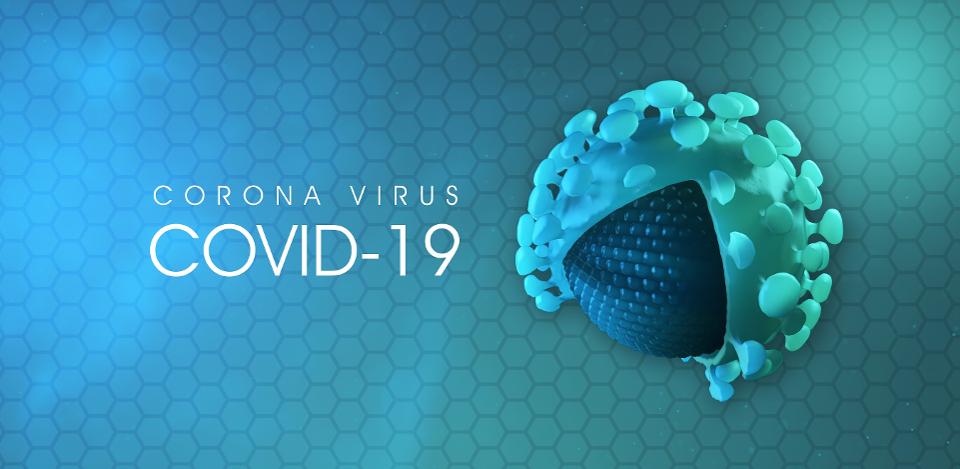
by Editor | Mar 22, 2020 | News
The deadly coronavirus, which first appeared in mainland China, has now spread across the world. The World Health Organization (WHO) has declared it a global pandemic and has reported more than 125,000 cases and 4,500 deaths as of March 12, 2020.
To lend perspective, confirmed cases have already exceeded the number of people infected during the 2002-2003 severe acute respiratory syndrome (SARS) outbreak. While the flu and coronavirus are often compared, coronavirus may be deadlier. On average, the seasonal flu strain kills about 0.1% of infected people. Early death rate estimates in the coronavirus outbreak’s epicenter in Wuhan, China, have been around 2%.
Here’s a look at a number of ways artificial intelligence (AI)-based technologies are being deployed in the fight against the outbreak.
Identifying Outbreaks and Quarantining
AI can predict the number of potential new cases by geography and which types of populations face the greatest risk. It can also help with the enhancement of optimization strategies. For example, machine learning—a subset of AI—has already been employed to research and optimize strategies for quarantine efforts among communities, cities and countries to limit the spread of the virus.
Diagnosis and the Search for A Cure
AI is also lending a hand in diagnosing coronavirus. Hospitals in China are using AI-based software to scan through CT images of patients’ lungs to look for signs of COVID-19, the infection caused by coronavirus.
However, the medical community has historically cultivated vaccines for comparable viruses, so using AI to look at patterns from similar viruses and detect the attributes that will help build a new vaccine gives scientists a higher probability of success than if they’d started creating one from scratch.
And while it doesn’t guarantee a cure, AI provides an important advantage: It helps scientists more quickly discover relationships among diseases and symptoms, drugs and their effect(s) and the patients who might respond to treatment—insights that, due to the sheer amount of biomedical data, could otherwise be missed in a race against time.
The original article can be found here.
To support and develop AI applications for world society matters, Artificial Intelligence World Society Innovation Network (AIWS.net) created AIWS Young Leaders program including Young Leaders and Experts from Australia, Austria, Belgium, Britain, Canada, Denmark, Estonia, France, Finland, Germany, Greece, India, Italy, Japan, Latvia, Netherlands, New Zealand, Norway, Poland, Portugal, Russia, Spain, Sweden, Switzerland, United States, and Vietnam.










